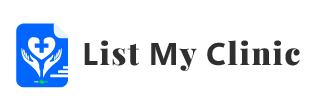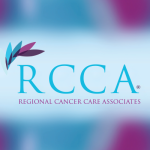
Throwing Out Your Old Medicine
What’s the best way to dispose of drugs when cleaning out your medicine cabinet? Unfortunately, improper disposal could result in water system contamination depending on the chemical makeup of the medicine. Human health and marine environments are just two of the many things this pollution has an impact on. Here, the problems brought on by improper medicine disposal are briefly covered along with some advice on how to prevent them.
It had previously been suggested to employ these disposal techniques to stop accidental opiate misuse in both adults and children. On the other hand, pharmaceutical chemicals were not meant to be removed from water when septic systems and water treatment facilities were first built. It has been shown that streams and drinking water around the nation contain chemicals connected to narcotics.
40% of the nation’s drinking water, which is purified by subterranean aquifers, contains pharmaceuticals. All of these compounds have been connected to various medications, such as steroid, antibiotic, antidepressant, and painkillers. Since landfill chemicals seep into surface water, throwing pharmaceuticals in the trash could be hazardous. What type of damage could these substances do to the environment? Studies have demonstrated that unused prescription drugs affect various species, including fish and frogs, in terms of their growth, reproduction, and behavior. Contaminated seafood causes harm to both humans and animals.
Additionally, these substances—along with the byproducts of their breakdown—end up in lakes and rivers after being handled in wastewater treatment plants. After being exposed to different biomes, they begin to alter in terms of bacteria and nutritional value. A location’s level of microbial contamination may have a big effect. We then irrigate the crops and livestock ranches that support our way of life using the same water.
Even if huge offenders like hospitals, nursing homes, and cattle farms cannot be stopped, people can still contribute. Read the entire package insert for the medication first. On a brochure or leaflet, it should be noted the EPA waste code and whether the medication is flammable, corrosive, poisonous, or reactive. A flush list is also available on the FDA website. Determine whether it is advisable to flush or discard a medicine using this information.
Any medications you’re unsure of, bring them to a public drug disposal location in your neighborhood or a drug disposal facility. When buying, the same prudence should be used. Since medications might expire and lose their efficacy, they shouldn’t be kept on hand.









